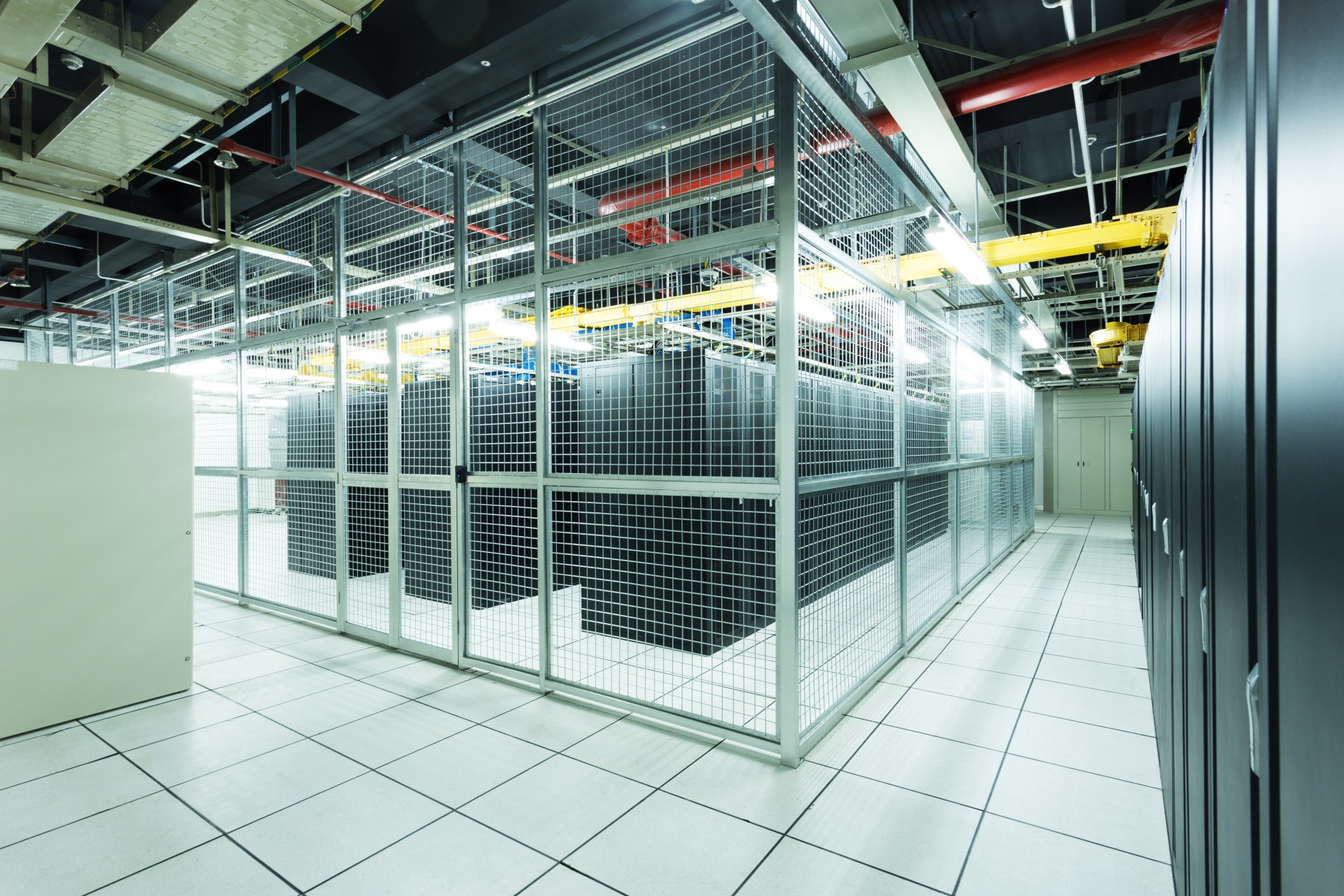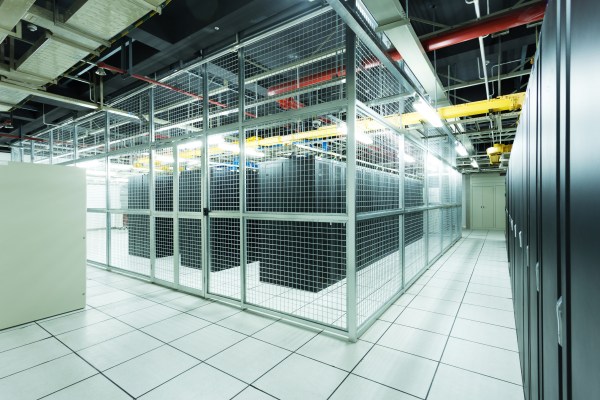A bare metal cloud server is a server that is provided to a specific client (tenant) for their exclusive use. There are many reasons why businesses would choose to use bare metal cloud servers. Here is a quick guide to what you need to know.
What is a bare metal cloud server?
The defining feature of a bare metal cloud server is that it is dedicated entirely to one tenant. With that said, it is standard practice for cloud service providers (CSPs) to allow clients to customize their bare metal cloud servers very extensively. This means that, effectively, a bare metal server can be whatever the tenant wants it to be.
In general, businesses choose to use bare metal cloud servers because they want to push for maximum performance. This means that bare metal servers tend to be very highly specced machines.
With that said, there are other reasons why businesses might choose bare metal servers. The main ones are security and support for legacy software. Neither of these necessarily requires a highly-specced machine. They may, however, require very specific hardware configurations.
It is also worth noting that it is quite common for bare metal cloud servers to use operating systems and/or virtualizers. This tends to be when they are used for applications where the tenant values convenience over maximum performance.
Uses for bare metal cloud servers
Here are the current main uses for bare metal servers.
Supporting applications that require minimum latency
If a cloud application has to work at the fastest possible speed, then it can be very advisable to host it on bare metal.
For example, the online gaming industry makes extensive use of bare metal servers. This is because games need to flow smoothly, even when the gameplay is relatively slow. The more quickly a game plays, the more beneficial it is for the game to be hosted on a bare metal server.
Another popular use for bare metal cloud servers is for hosting video. This is becoming increasingly common for two main reasons. Firstly, the use of video is expanding. Secondly, video is now being widely used for business purposes instead of just recreational ones.
For example, many businesses make extensive use of video calling. These may just be for internal meetings. They may, however, also be used for external service delivery. Video is also becoming increasingly used in education as a whole.
Even when video is only used for recreation, it may still have a business purpose. For example, many streaming video sites are now monetized in some way. This could be through direct payment or by hosting adverts (or both).
Supporting applications that require high processing power
Likewise, if you have an application that requires serious processing power, then a bare metal cloud server is probably your best choice. Right now, one of the main uses of bare metal cloud servers is to host applications that are powered by artificial intelligence (AI).
These often need significant processing power to function effectively. They may also require low latency. For example, AI-powered chatbots need to be able to interact with human users at standard conversational speed. If they are too slow, users will click out of them.
Supporting applications that require sterile computing environments
Bare metal cloud servers are often used for purposes such as research, development, and testing. The logic behind this is much the same as the logic behind using traditional bare metal computers. In fact, the bare metal cloud servers used for these purposes often are traditional bare metal computers.
When undertaking activities such as research, development, and testing, users need to have what is effectively a sterile environment. In other words, they need to be sure that the results of the test will depend on the test variables and nothing else. Using a bare metal server is a straightforward way to create this environment.
It’s also worth noting that, in modern business, speed is often a key consideration in research, development, and testing. Using bare metal can help to ensure that work progresses at the maximum possible speed. This can help businesses get their products and/or services to market as quickly as possible.
Storing highly sensitive data
Many public cloud service providers (CSPs) can support the very highest standards of data security. Even so, some businesses (and/or their clients) may still prefer to keep the most sensitive data under their direct control.
This means either running their own private servers or having exclusive use of servers owned by a third party. Opting for bare metal delivers the privacy these businesses need. It also gives tenants the option to exercise control of those servers literally from the hardware upwards.
Supporting legacy applications
Many businesses with legacy software need to run that software on specific hardware. Using bare metal allows them to migrate to the cloud without having to update their legacy software. They can then work out a plan to update the software that fits in with their other business objectives.
Related Resources:
What Do You Need to Consider When Setting up Interconnection Systems? Key Factors
What Does Hybrid Cloud Mean?
What Is A Cloud Computing Platform?
What Is A DDoS Attack?
Exploring Bare Metal Cloud: Performance and Control Unleashed
What Is Bare Metal?
What Is Cloud Computing, Advantages And Disadvantages?




